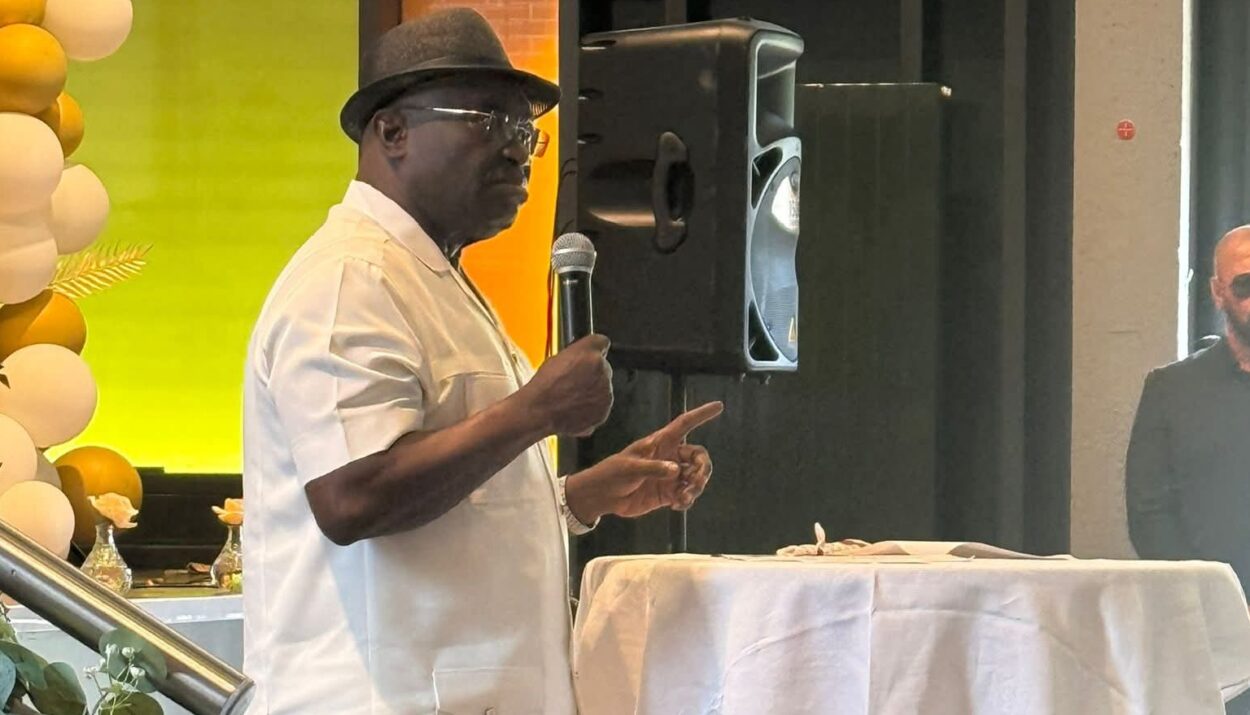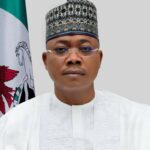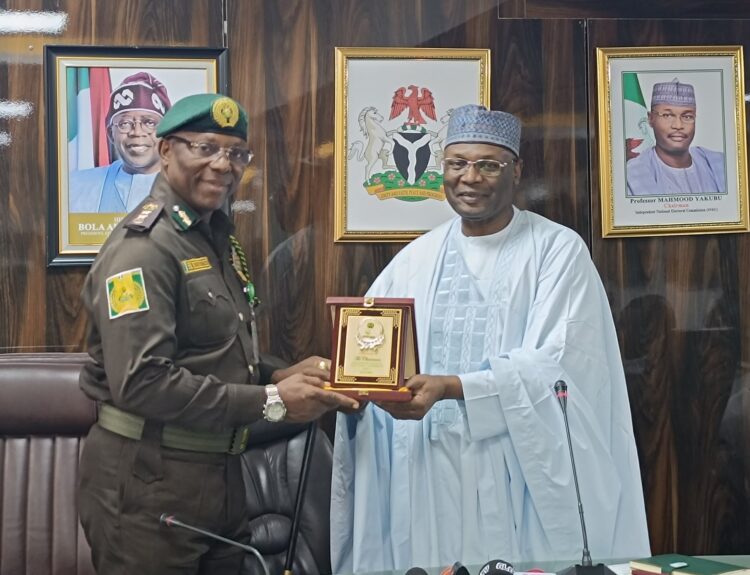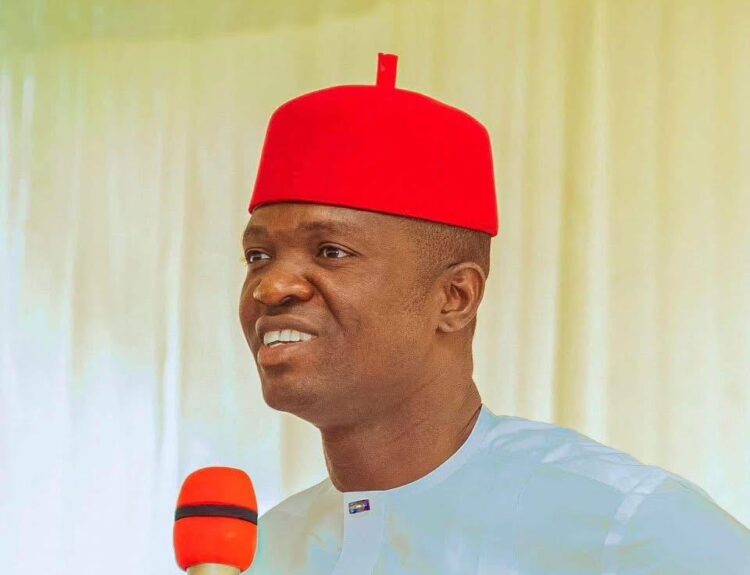Former Governor of Abia State, Dr. Okezie Ikpeazu, has called on Nigerians in the diaspora to transition from offering only financial remittances to actively participating in governance and policymaking in Nigeria.
Dr. Ikpeazu made the call while delivering the keynote address at the 2nd Bi-Annual Convention of the Premier International Association, a pan-Nigerian organization held in Cologne, Germany. The event brought together professionals, scholars, and stakeholders from across Europe, including he Head of Chancery from the Nigerian Embassy in Berlin among its dignitaries.
Speaking on the theme “The Role of Diasporans in Improving the Quality of Life for the Less Privileged at Home,” Ikpeazu highlighted how his administration in Abia State integrated diaspora professionals into governance, appointing more than ten returnees to senior cabinet and advisory positions.
“We transformed remittance power into policy power. By the time we left office, they were already shaping our policy landscape and redefining paradigms, not just sending financial handouts.” He said.
Speaking on the brain gain his administration maximized, through institutional reform, the Abia former Governor said: “Our flagship reform and determination to involve our people in the diaspora was made bold when we established the Abia Diaspora Commission (ADC) in 2019, with a U.S.-based pharmacist, Dr. Ngozi Ogbonna-Erondu, in charge.”
Also, “A Mother-and-Child Specialist Hospital was built and staffed by volunteer doctors from the United Kingdom and Canada, aimed at reducing infant and maternal mortality in the state. It was equipped through diaspora donations and administered by health experts in the diaspora, especially from the USA, to serve as a centre for leadership and technical mentorship.
“The Abia Emergency Medical Service (EMS) expanded from four to ten ambulances under U.S.-trained surgeon Dr. Chucks Nwakanma, who also organised trauma-care boot camps for local medics.
“Australia-based educators created an education database that retrained 4,000 teachers and digitised lesson plans.
“Diaspora engineers championed rigid-pavement road construction. Engr. China Mba, a U.S.-based construction engineer from Ohafia, insisted on concrete roads—and he proved it with the construction of Owerri Road, off Okigwe Road.
Ikpeazu emphasized that with over 15 million Nigerians living abroad, remitting approximately $20 billion annually (about 4% of GDP), the diaspora remains one of Nigeria’s most underutilized development assets.
According to him; “Proportionally, Nigeria’s diaspora capacity per capita exceeds India’s, yet India squeezes far more development juice from its sons and daughters.”
However, he regretted that bureaucratic obstacles and security concerns continue to discourage active diaspora investment and participation.
“Diaspora talent needs fast-track work permits, land titles, and personal safety guarantees—or the next ‘Japa’ flight lands in Toronto, not Abuja,” he said.
To close the gap between potential and impact, Ikpeazu urged the federal and state governments to adopt four “quick wins” by creating diaspora desks in all ministries. Providing zero-duty windows for importing lab, agritech, and e-learning equipment sourced by Nigerians abroad. Launching reverse-fellowship schemes to place diaspora experts in local agencies for 6–12-month assignments, and introducing performance-tied bonds to ensure project continuity beyond political tenures.
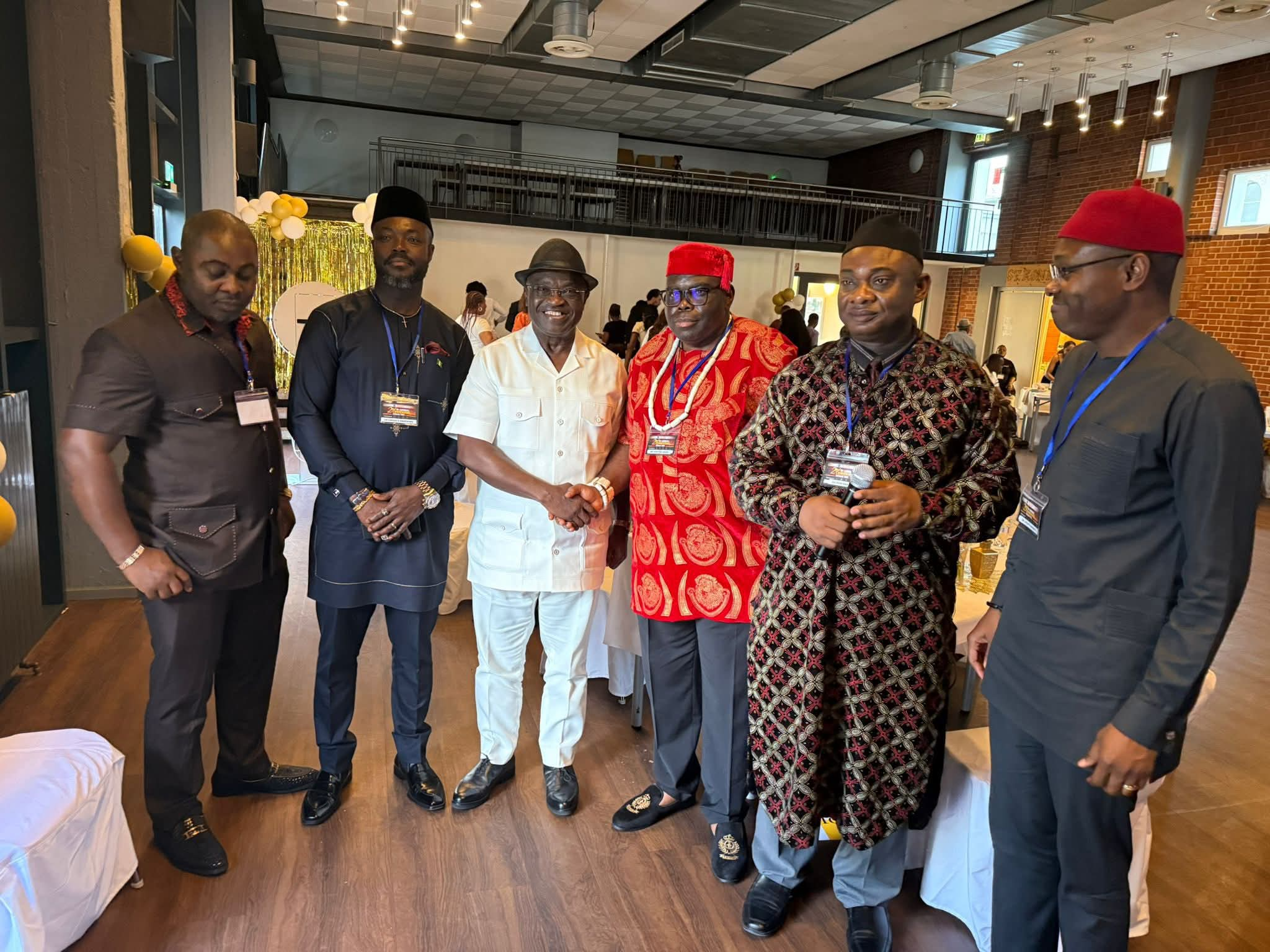
He also challenged diaspora groups to develop project blueprints, publish skill registers, and set up independent monitoring teams.
“It’s time to move from handouts to policymaking. Cologne is a fitting stage for this conversation, as it hosts one of continental Europe’s largest Igbo communities.” Ikpeazu said.
The former Governor commended the Premier International Association and its leadership as a pan-Nigerian diaspora platform for providing a practical roadmap in fostering civic engagement, cultural preservation, and professional collaboration among Nigerians living in Europe. He noted that the association’s bi-annual conventions serve as vital forums for discussing developmental initiatives and policy advocacy for Nigeria and its diaspora community.

